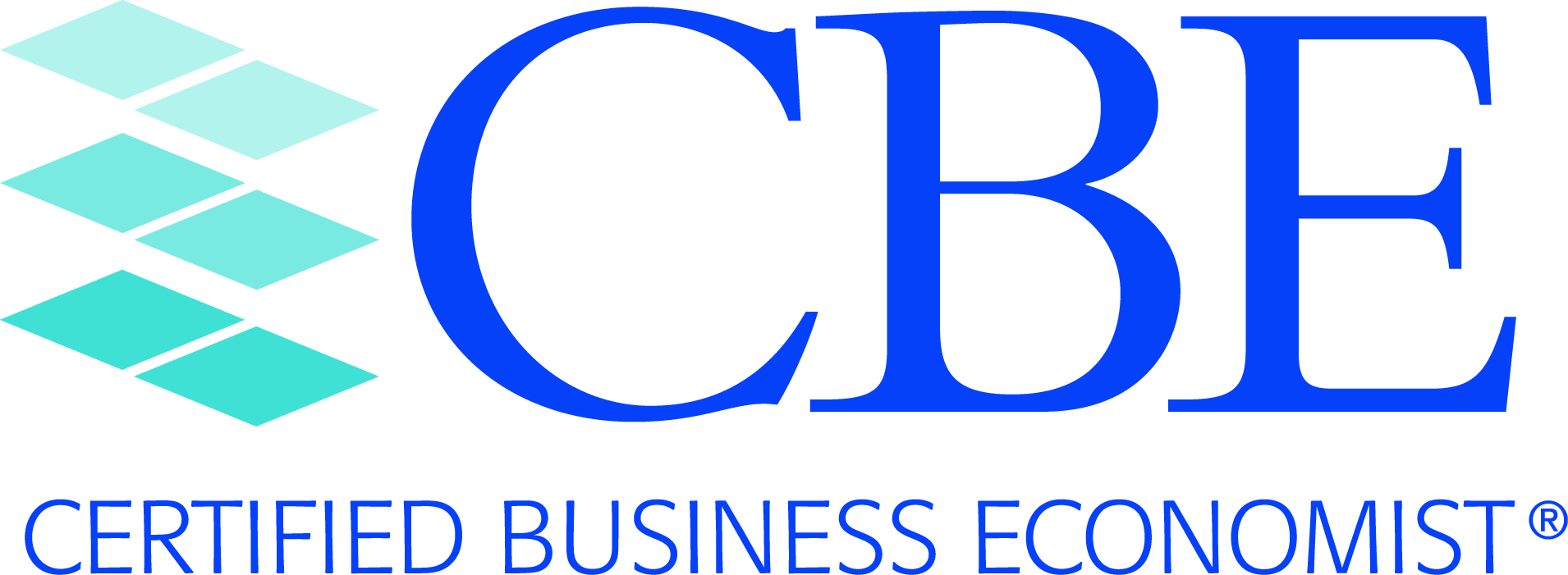
Machine Learning & Data Science for Economists
The last few years have seen an explosion in the data available to economists. New large datasets allow economists an unprecedented opportunity to understand social behavior, by analyzing shopping transactions, social media, or the data collected by sensors and devices which are part of modern life. The aim of this course is to introduce economists to new analytical methods, which lie at the intersection of traditional statistics, machine learning, and computer science, from the perspective of econometric analysis. The focus of the course will be on algorithms and estimation for solving concrete analytic problems. In some cases, the full statistical properties of the algorithms may not yet be known and thus we will operate under the assumption that some answer is better than no answer. The course will only tangentially discuss issues such as scalability or the management of large databases. The course is designed with the practitioner in mind who chooses to employ advanced and novel methodologies to large datasets. Examples will be drawn from the growing economics literature which utilizes these methods, with a bias towards data-rich areas in empirical micro-economics.
The course will also rely on a series of demonstration exercises in the R programming language using real data and will give participants the opportunity to run and see the methods in practice. The provided code will be a useful starting point for participants to start using the methods discussed in the course in their own later work. The hands-on demonstrations will also familiarize participants with common sources of Big Data in economics: administrative data from public records, scanner data from retail transactions, and customer behavior data used to evaluate a marketing intervention. The course will also briefly introduce participants to other popular analytic tools from data science such as Jupyter notebooks.
Past participants have said:
"This course provided a deep explanation into advanced machine learning techniques as well as their practical application."
"The overview of recent and cutting-edge statistical/machine learning research was valuable."
For more info, view the Course Table of Contents.
Registration Details
In-Person Early-Bird Rates:
NABE Member: $1,500
U.S. Government Employee: $1,575
Non-Member: $1,650
Future Offerings
Online - June 24-27, 2024
For future offerings of NABE's other Certified Business Economist programs, check the CBE calendar.